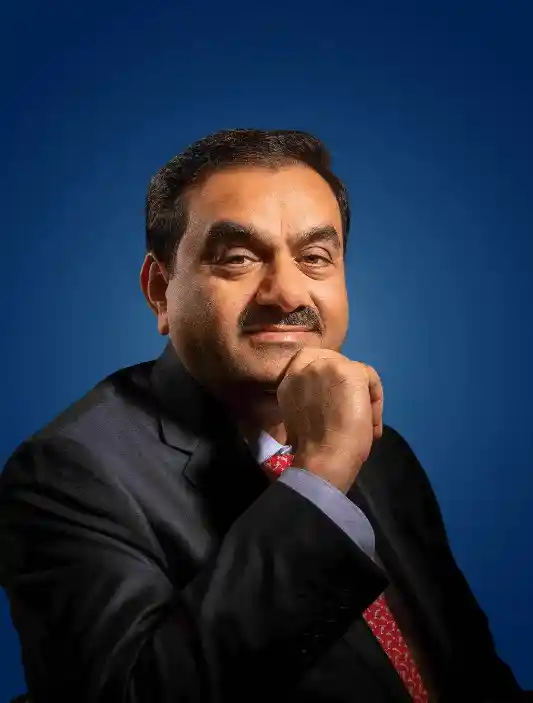In a move that could reshape India’s infrastructure leadership, Gautam Adani has officially stepped down as Executive Chairman of Adani Ports and Special Economic Zone (APSEZ), India’s largest private port operator. The re-designation to Non-Executive Chairman, effective August 5, 2025, was approved by the board and announced via stock exchange filing. “He will cease to be a key managerial personnel of the company,” the statement confirmed.
This surprise leadership shift comes amid ongoing legal and regulatory pressures, including:
- A U.S. investigation into alleged imports of sanctioned Iranian LPG via Mundra Port
- A $250 million bribery & fraud probe involving U.S. prosecutors and the SEC, prompted by short-seller Hindenburg Research
- Allegations of misleading U.S. investors and bribing Indian officials for contracts

While the Adani Group denies all charges, the fallout is tangible:
- Kenya cancelled $2.6B worth of Adani infrastructure deals
- U.S. investors are reassessing their exposure to Adani Group companies
Following the announcement, APSEZ shares dipped 2% intraday, reflecting investor concerns despite the company’s 21% YoY revenue growth and an 11% jump in cargo volumes in Q1.
Manish Kejriwal, founder of a private equity firm, has been appointed as Additional Non-Executive Director for a 3-year term.
APSEZ, the main component of the Adani empire, currently:
- Handles 28% of India’s total port cargo
- Controls 45.2% of container volumes
- Operates 15 ports & terminals across India
- Recently began operations at Colombo West Terminal
- Is acquiring Australia’s NQXT Port, a key global asset
As the Group’s founder steps back from day-to-day port operations, the focus now shifts to how APSEZ navigates this new phase of leadership amid global scrutiny.
